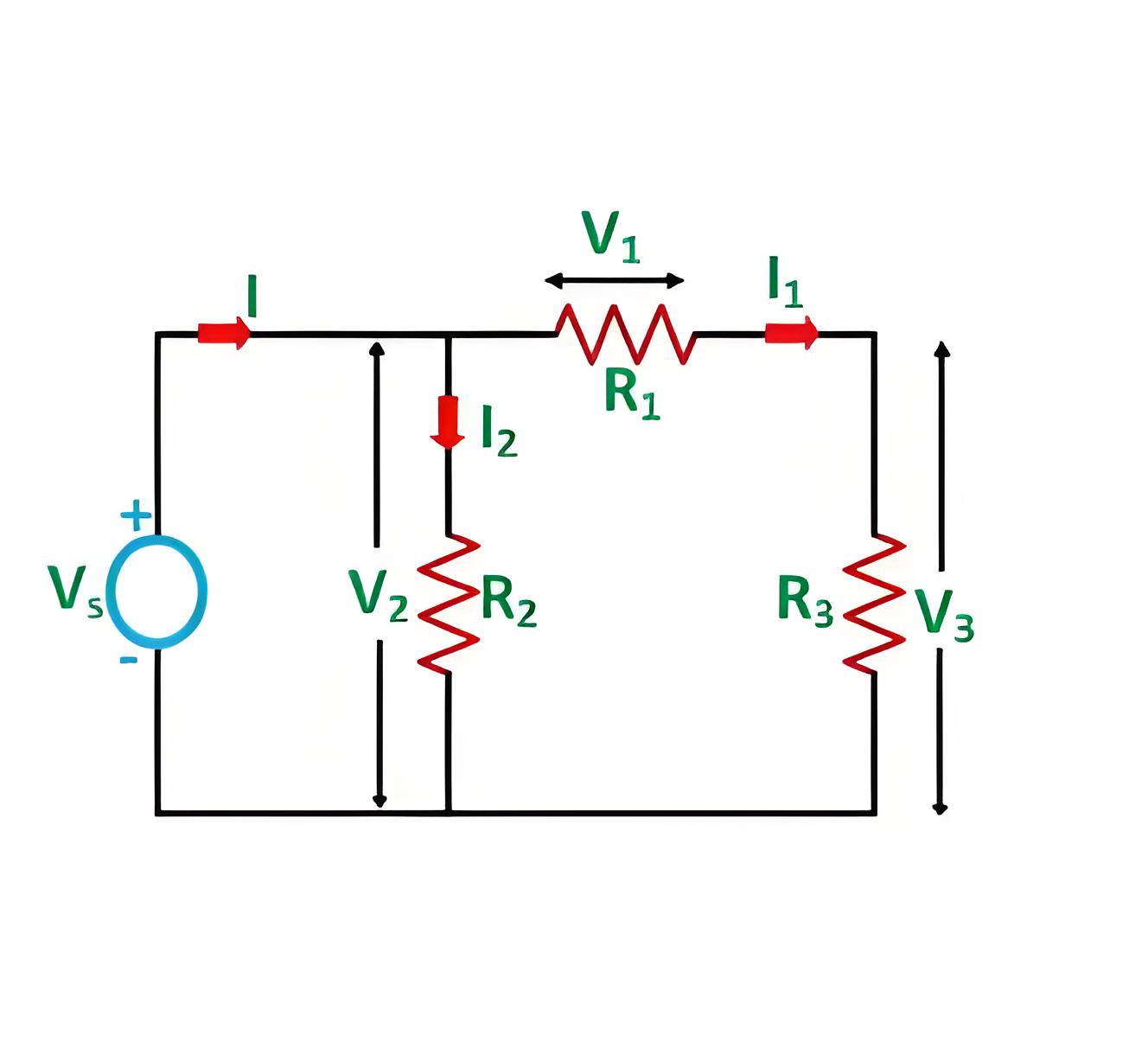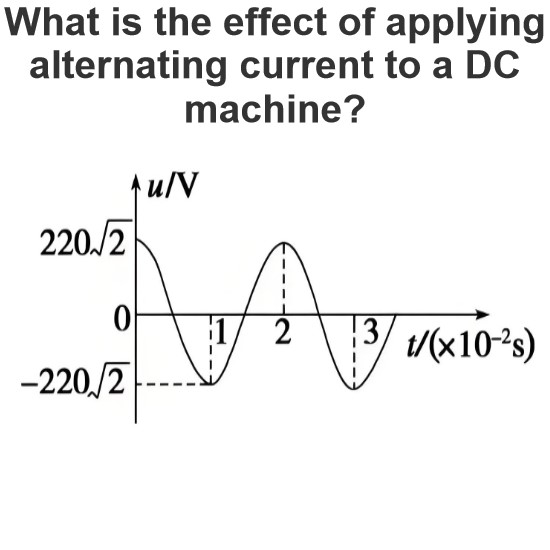What is Substitution Theorem?
What is Substitution Theorem?
Substitution Theorem Definition
The substitution theorem is defined as the process of replacing an element in a circuit with an equivalent voltage or current source without changing the initial conditions.

Statement of Substitution Theorem
If an element is replaced by a voltage source with the same voltage or a current source with the same current, the rest of the circuit remains unchanged.
Insight into Circuit Behavior
This theorem helps understand how circuits behave when elements are replaced with equivalent sources.
Voltage Source Example
Replacing an impedance with a voltage source keeps the initial circuit conditions the same.
Practical Example
In a circuit, replacing a resistor with a voltage or current source shows that the initial voltage and current conditions remain unchanged.
The Electricity Encyclopedia is dedicated to accelerating the dissemination and application of electricity knowledge and adding impetus to the development and innovation of the electricity industry.













